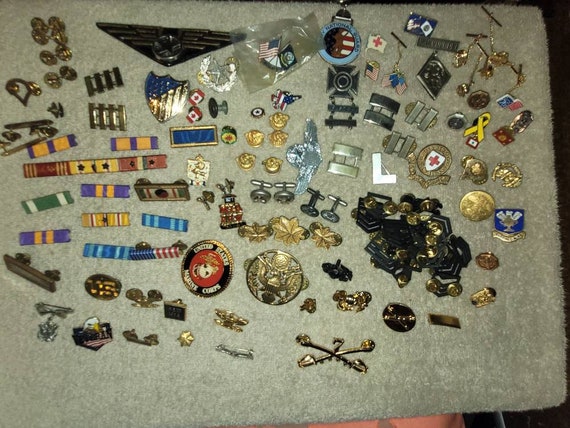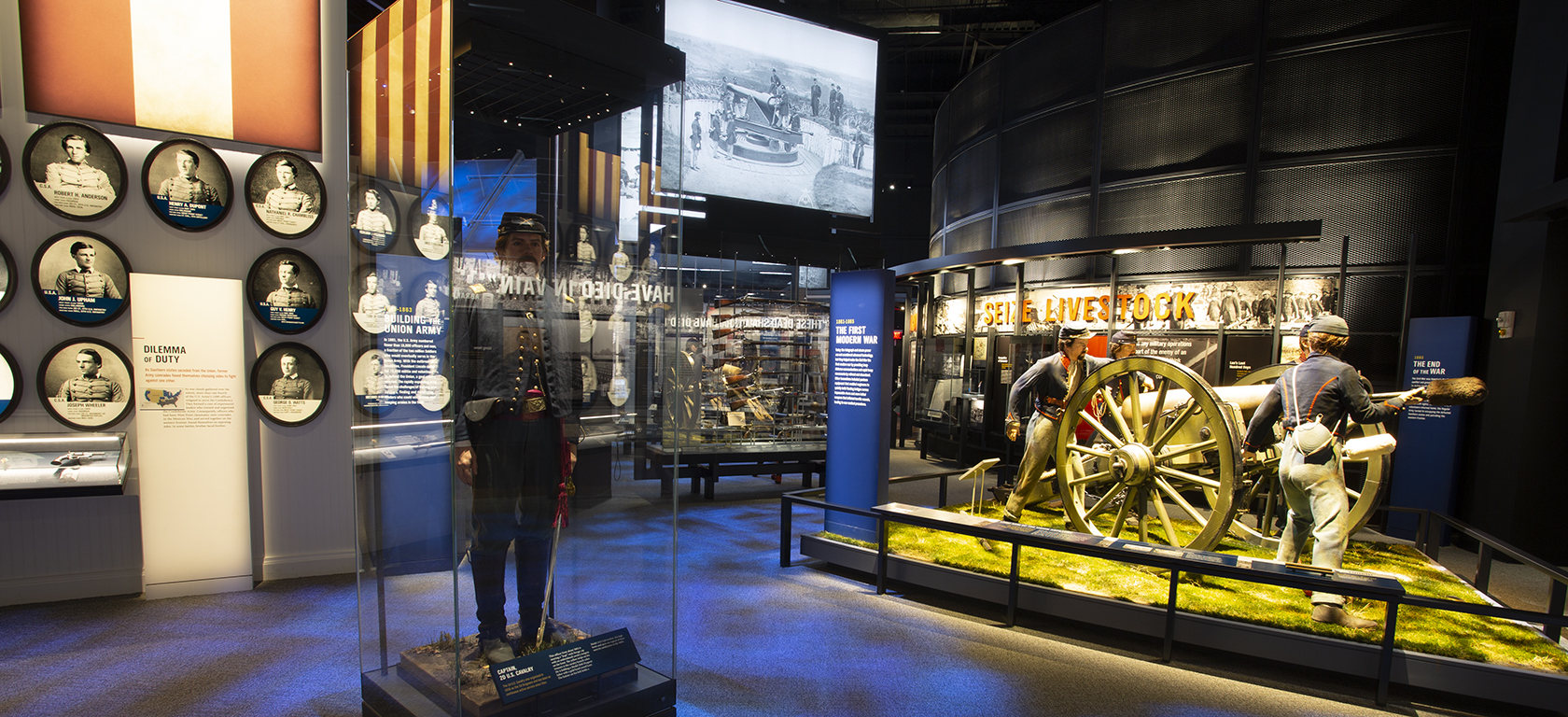Collecting military pins is not only a hobby but also a way to honor the rich history and traditions of military service. Whether you’re a veteran, a family member, or simply fascinated by military history, starting a collection of military pins can be rewarding and educational. Here’s a comprehensive guide to help beginners get started and grow their collection of military pins.

Source:https://www.etsy.com/listing/946440908/vintage-military-pins-medals-awards-lot
1. Understand the Types of Military Pins
Military pins come in various types, each with its own significance and purpose. Some common types include:
– Medals and Ribbons: Awarded for acts of valor, service, and achievement.
– Unit Insignias: Represent specific military units or divisions.
– Campaign and Battle Pins: Commemorate participation in specific military campaigns or battles.
– Qualification Badges: Acknowledge proficiency in specialized skills or tasks.
Understanding these types will help you identify and appreciate the pins you encounter.
Source:https://wizardpins.com/blogs/education/military-insignia-history
2. Research and Learn Military History
Before diving into collecting, take time to research military history and the significance of different pins. Understanding the stories behind each pin will deepen your appreciation and make collecting more meaningful.
3. Start with a Focus
Decide on a specific focus for your collection. You can choose to collect pins from a particular branch of the military, specific wars or campaigns, or pins related to a certain theme (e.g., aviation, special operations). Starting with a focused approach will help you build a cohesive collection.
4. Explore Various Sources
Military pins can be found through various sources:
– Military Surplus Stores: Often carry authentic pins and insignias.
– Online Retailers: Offer a wide selection of new and vintage military pins.
– Military Museums and Exhibitions: Provide opportunities to see rare and historical pins up close.
– Veteran Organizations and Events: Attend gatherings where pins may be traded or sold.

Source:https://www.thenmusa.org/exhibits/
5. Check Authenticity
Verify the authenticity of the pins you’re interested in collecting, especially if purchasing vintage or rare pieces. Look for hallmarks, markings, and reputable sellers to ensure you’re adding genuine items to your collection.
6. Network with Collectors
Join online forums, social media groups, or local collector clubs to connect with other enthusiasts. Networking with fellow collectors can provide valuable insights, trading opportunities, and access to hard-to-find pins.

Source:https://www.ebay.com/itm/394504834179
7. Care and Preservation
Properly store and display your pins to preserve their condition and value:
– Use Display Cases: Protect pins from dust and damage while showcasing your collection.
– Avoid Direct Sunlight: Minimize exposure to sunlight to prevent fading.
– Handle with Care: Use gloves when handling delicate or valuable pins.
Source:https://www.ebay.com/itm/402467949014
8. Expand Your Knowledge
Continue learning about military history and pins as you grow your collection. Attend exhibitions, read books, and engage with online resources to stay informed about new discoveries and developments in the field of military pin collecting.
Conclusion
Collecting military pins is a meaningful way to honor the bravery, sacrifice, and achievements of military personnel throughout history. Whether you’re passionate about a specific era, branch of the military, or simply appreciate the craftsmanship of these pins, starting a collection can be a rewarding journey. Follow these tips, stay curious, and enjoy the process of building a collection that reflects your admiration for military service.
For custom military pins that celebrate history and excellence, consider partnering with Blythe. With their dedication to quality, competitive pricing, and personalized service, Blythe can help you create pins that embody the spirit of military tradition. Visit Blythe today to begin your journey into custom military pin collecting.



